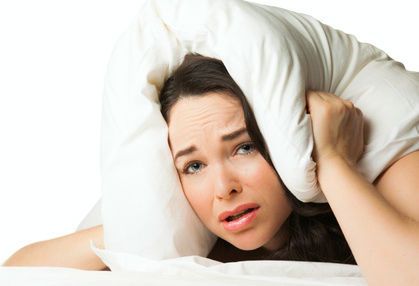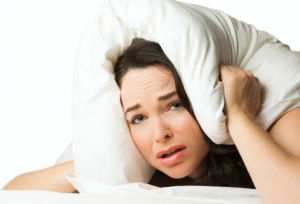
A new study performed by the Brigham and Women’s Hospital (BWH) has associated certain symptoms of insomnia with a significantly higher risk of dying from cardiovascular disease.
This study was rather large in scale, following 23,000 men with self-reported insomnia over a six-year time period. The researchers documented deaths and causes of death during this time, and compared them to the reported insomnia symptoms.
After results were adjusted for factors including lifestyle, other chronic illnesses and age, they showed that the men who reported having a difficult time falling asleep had a 55 percent higher risk of death related to cardiovascular disease compared to men who did not have this symptom.
The researchers also found that the men who reported “non-restorative” sleep had a 32 percent higher risk of death from cardiovascular disease related factors than men who did not have this issue.
The study’s senior author, Dr. Xiang Gao, says, “We know that sleep is important for cardiovascular health and many studies have linked poor or insufficient sleep with increased risk factors for cardiovascular-related diseases. Now we know that not only can poor sleep impact disease risk, but it may also impact our longevity.”
Dr. Gao continues, “While further research is necessary to confirm these findings, there is overwhelming evidence that practicing good sleep hygiene and prioritizing sufficient and restful sleep is an often overlooked but important modifiable risk factor in overall health.”
While the benefits of sleep, and the risks of not getting quality sleep, are innumerable and relatively well known, getting a good night’s sleep can be very difficult for some individuals, especially those prone to stress. Luckily, there are many time-tested natural methods available to aid us in getting proper shut-eye.
At least half an hour of moderate exercise in the afternoon is a great way to put your body and mind in an optimal state for sleep readiness later in the night. Herbal sleep elixirs include kava kava root and chamomile, which when taken before bed, can greatly boost your ability to fall asleep faster and experience a sounder sleep.
 One of the best ways to improve your overall sleep cycle, however, is meditation, especially before bed. Even if practiced for only five or 10 minutes, regular meditation can help you shed the anxieties of the day so your mind is not bogged down with sleep-disturbing thoughts.
One of the best ways to improve your overall sleep cycle, however, is meditation, especially before bed. Even if practiced for only five or 10 minutes, regular meditation can help you shed the anxieties of the day so your mind is not bogged down with sleep-disturbing thoughts.
Rubbing a little bit of lavender or ylang ylang essential oil on your pressure points before meditating can elevate your sessions to an even higher level of serenity.
Whichever method, or combination of methods, you choose, do not underestimate the importance of a good night’s sleep; it really can make or break the quality of your health and life.
-The Alternative Daily

